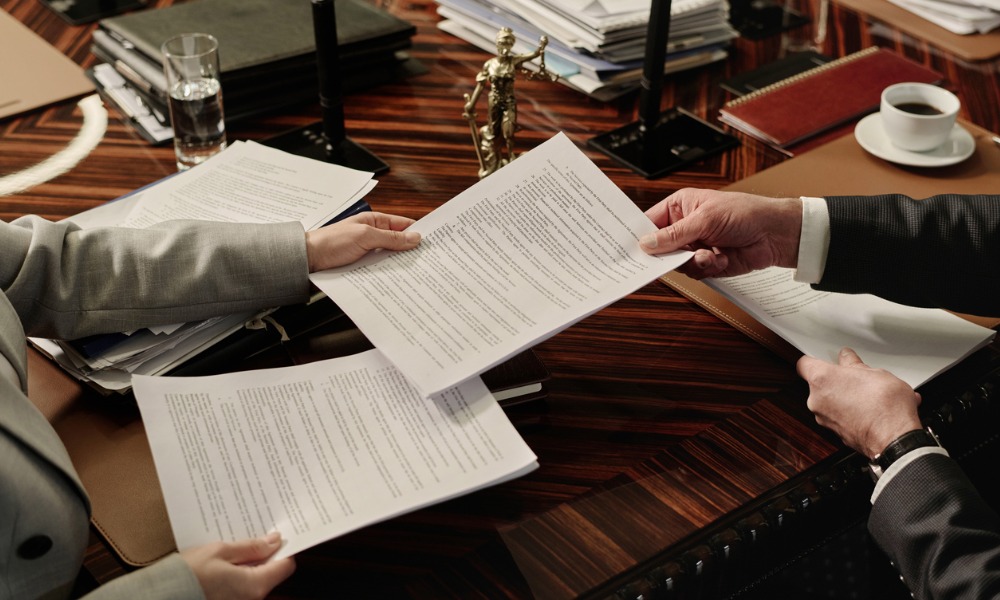Why Indonesia’s growing middle class is making way for foreign investment, and how that’s affecting law firms
Seventy-million Indonesians make up the country’s emerging middle class. So, in a country of 250 million people, it’s no surprise that lawyers are focussing on consumer-type work in the wake of the commodities downturn.
For the last two decades, the Indonesian economy has rested on its natural resources. But as new spending patterns emerge, foreign investment opportunity is soaring and the distribution of products and services has quickly been established as the second pillar of the country’s economy.
“Everything from retail to insurance products… banking,” said Jakarta-based Herbert Smith Freehills partner David Dawborn.
“We do a lot of project work, particularly energy-related, power generation work on a number of big power projects that we’re involved with and looking at.
“So I think that that will produce… opportunities over the next few years or so.”
And as Australia prioritises an Indonesia free-trade agreement, and investment interest from the rest of the world continues, opportunities for law firms in the market are unlikely to slow.
It’s the financing of infrastructure projects in the country that’s likely to keep firms busy over the next 12 months, according to Hiswara Bunjamin & Tandjung partner Tjahjadi Bunjamin.
“Financing is expensive so quite often [there’s a] need to look overseas to get some funding, whether it’s through equity or through loans or in the technical market,” Bunjamin said.
“In a way, in order for the country to develop, because of the underfunding, the government would need to open up to foreign investors. And that’s the key if the country is about to grow.”
With a lack of support from the parliament in the early days of his presidency, Joko Widodo has since managed to consolidate power by reshuffling ministers.
“So the expectation in the matter is the government should be able to push its [agenda] forward, strongly, and hopefully this free-trade is one of them,” Bunjamin said.
Last year, the government didn’t have enough support to pass the tax amnesty law but since the consolidation of power, the law has been passed.
“The effect of the tax amnesty law is that there is a lot of money from Indonesia that is parked offshore, outside the Indonesian system, and the government is saying basically to Indonesians to bring it back onshore and they will forgive… past tax transgressions,” Dawborn said.
“You’re talking billions and billions of dollars so that’s a quite important development I think in terms of the economic development over the next few years.”
Look out for the full story in the latest issue of Australasian Lawyer magazine, 3.05.
For the last two decades, the Indonesian economy has rested on its natural resources. But as new spending patterns emerge, foreign investment opportunity is soaring and the distribution of products and services has quickly been established as the second pillar of the country’s economy.
“Everything from retail to insurance products… banking,” said Jakarta-based Herbert Smith Freehills partner David Dawborn.
“We do a lot of project work, particularly energy-related, power generation work on a number of big power projects that we’re involved with and looking at.
“So I think that that will produce… opportunities over the next few years or so.”
And as Australia prioritises an Indonesia free-trade agreement, and investment interest from the rest of the world continues, opportunities for law firms in the market are unlikely to slow.
It’s the financing of infrastructure projects in the country that’s likely to keep firms busy over the next 12 months, according to Hiswara Bunjamin & Tandjung partner Tjahjadi Bunjamin.
“Financing is expensive so quite often [there’s a] need to look overseas to get some funding, whether it’s through equity or through loans or in the technical market,” Bunjamin said.
“In a way, in order for the country to develop, because of the underfunding, the government would need to open up to foreign investors. And that’s the key if the country is about to grow.”
With a lack of support from the parliament in the early days of his presidency, Joko Widodo has since managed to consolidate power by reshuffling ministers.
“So the expectation in the matter is the government should be able to push its [agenda] forward, strongly, and hopefully this free-trade is one of them,” Bunjamin said.
Last year, the government didn’t have enough support to pass the tax amnesty law but since the consolidation of power, the law has been passed.
“The effect of the tax amnesty law is that there is a lot of money from Indonesia that is parked offshore, outside the Indonesian system, and the government is saying basically to Indonesians to bring it back onshore and they will forgive… past tax transgressions,” Dawborn said.
“You’re talking billions and billions of dollars so that’s a quite important development I think in terms of the economic development over the next few years.”
Look out for the full story in the latest issue of Australasian Lawyer magazine, 3.05.







